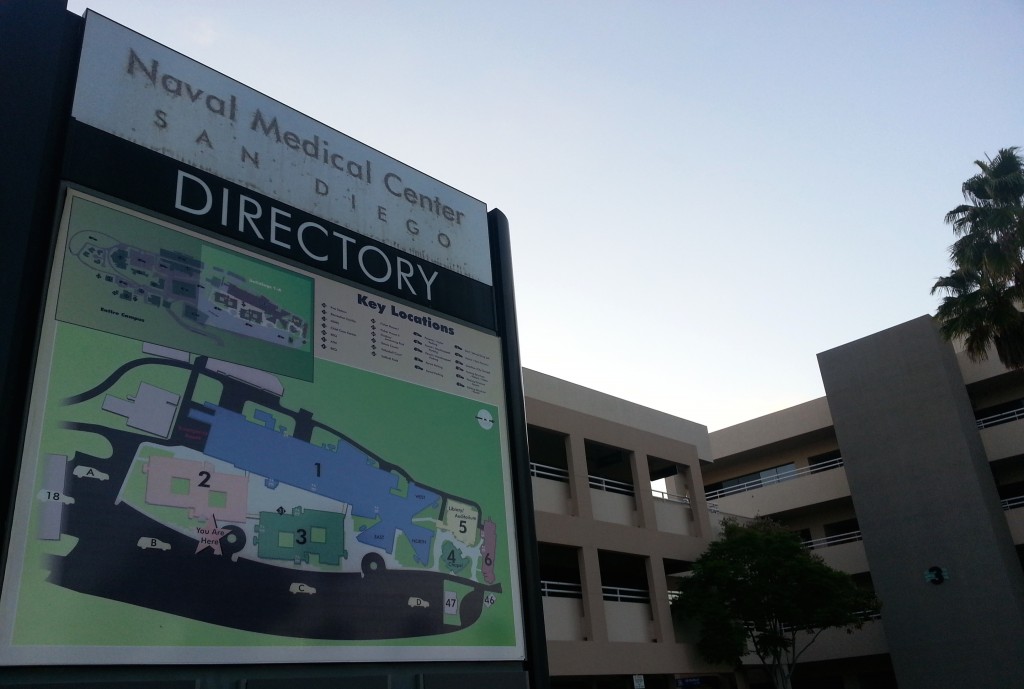The Rotations Experience
Dear Diary,
Fourth year clinical rotations are the pinnacle of optometry school that all students are so anxious for. It’s a time of freedom, learning and exposure to parts of optometry you may never see in the school clinic. Or is it?
My name is Lawrence Yu, and I just started my clinical rotations as a fourth year student at the Southern California College of Optometry at Marshall B. Ketchum University. Through this blog, I will chronicle and share my rotations experience throughout the year at my four different sites. Join me as I leave the safety of the school clinic and enter the real world of optometry. Learn with me as I see some crazy eye diseases. Suffer with me as I endure moving every 2.5 months. Follow me and prepare yourself for your last year of optometry school.
—
Tuesday, June 3, 2014
First rotation site: Day 8 of 79 at Naval Medical Center of San Diego
I’m getting a late start on this blog so I’ll talk about what you should do to prepare for rotations and moving tips when I have some time a later day. First, I’d like to introduce my first rotation site – Naval Medical Center of San Diego.
NMCSD is a navy military hospital with numerous branch clinics throughout San Diego. It is a unique rotation because I am at a different site every few days with opportunities to participate in different optometric settings. Working at the main hospital is a different experience than working at a marine recruit depot screening for ideal recruits. It is also unique for me because it is my first exposure to a military environment (more on that in a little bit). I picked NMCSD as my first rotation because military sites have reputations for speed and efficiency, and I wanted to become fast to start my year off.
Clinically, the military environment has been very different from environments such as a school clinic or private practice. Having a military rotation site has led to a big shift in my clinical mindset. The biggest change for me from an optometrist point of view is the ease of ordering special testing. Because the military provides medical care to all military personnel, I don’t have to worry about medical insurance coverage for ordering a threshold visual field or special imaging like an OCT. If I want to do something, then I can do it that day with no issue. By not worrying about insurance, I feel completely free to practice to the highest level that I am trained at (big words for just starting my fourth year, but you feel much more independent out on rotations!).
The patients are also much more pleasant to work with. They are very focused on the eye exam, not distracted by their phone or dozing off, and generally are very accommodating. Eye exams go by very quickly because the patients are very compliant, and I imagine that eye disease treatment compliance is also higher. I will report back on that after I’ve been here longer.
Personally, working at a military site has caused my sleep cycle to completely change. Shifts start at 7:00AM and end at 4:00AM on weekdays. This means that I have to wake up at 5:30AM to prepare for the day, and usually I’m in bed before 11:30PM. It took me a week to adjust to these new demands from my usual bedtime of 1:30AM.
More on what kind of patients I’ve seen tomorrow!


